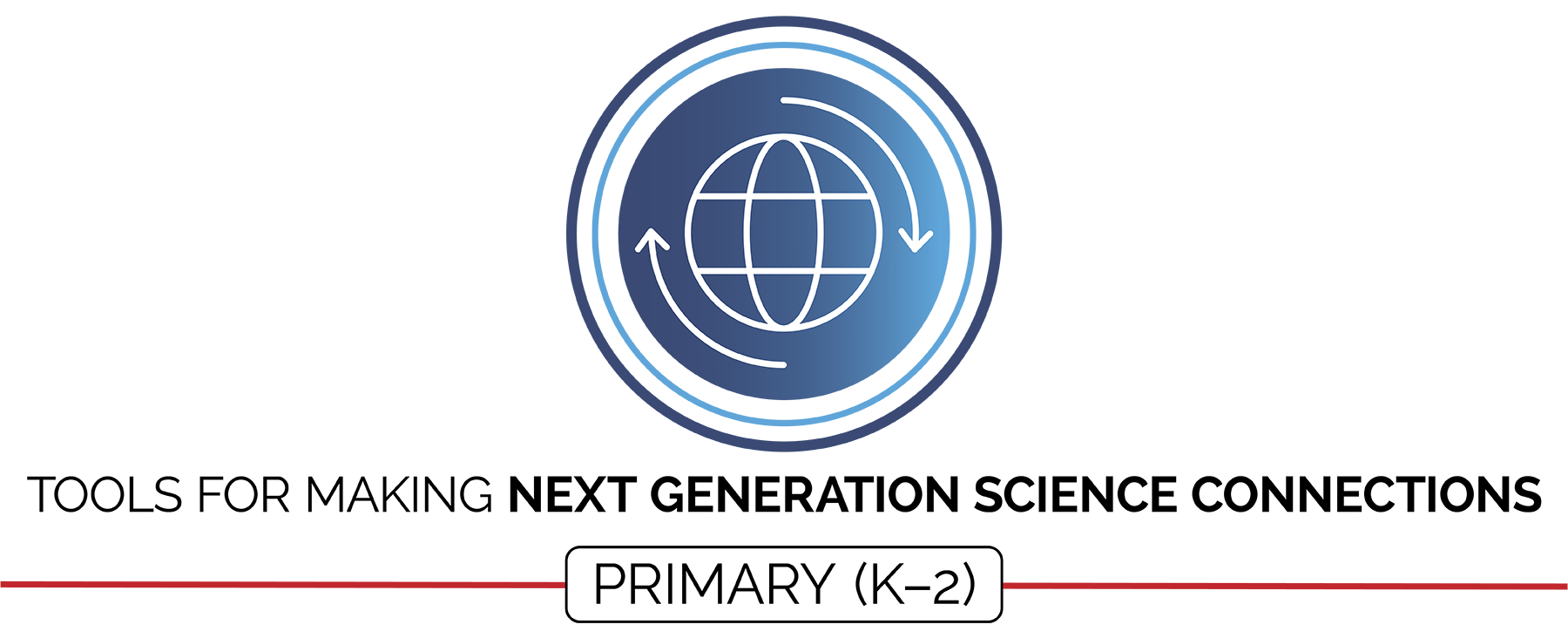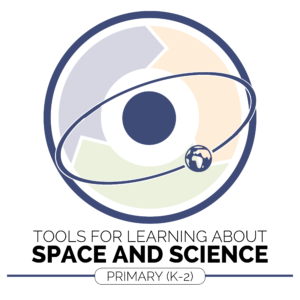Created by: Rich Wiles & Aaron Hart
Just as classroom teachers have a responsibility to promote physical activity and advocate for physical education programs, physical educators must also infuse STEM subject areas into our outcomes-based instructional schedule. OPEN’s Next Gen Connections Modules are designed to incorporate STEM concepts using the Next Generation Science Standards to guide our planning and instruction. www.nextgenscience.org
This module provides students with an introduction to space and our solar system while reinforcing movement concepts and developing motor skills.
For more information about space and our solar system, visit NASA for Educators: https://www.nasa.gov/audience/foreducators/index.html
Space and Science Module Documents
Space and Science Full Module:
Module Overview:
Required Materials:
All Module Activities:
Sample Lesson Plan:
Academic Language Cards:
Changing Seasons Task Cards:
Final Discussion Questions:
Performance Rubric:
Teacher Self-Evaluation & Reflection:
Space and Science Activity Plans
Rocket Launch:
Sunlight, Moonlight, Stars:
Changing Seasons:
Can’t see the file links? Register for FREE today to access all of the modules. SIGN UP HERE
SHAPE America National Standards and Outcomes Focus
- Standard 1 [E1.K-2] Performs locomotor skills (hopping, galloping, running, sliding, skipping) while maintaining balance (K); Hops, gallops, jogs, and slides using a mature pattern (1); Skips using a mature pattern (2).
- Standard 2 [E1.K-2] Differentiates between movement in personal (self-space) a general space (Ka); Moves in personal space to a rhythm (Kb); Moves in self-space and general space in response to designated rhythms (1); Combines locomotor skills in general space to rhythms (2).
- Standard 4 [E4.K-2] Shares equipment & space w/others (K); Works independently w/others in a variety of class environments (e.g., small & large groups) (1); Works independently with others in partner environments (2).
Next Generation Science Standards
- Next Generation Science Standard 1-ESS1-1: Uses observations of the sun, moon, and stars to describe patterns that can be predicted. The Universe and its Stars. Patterns of the motion of the sun, moon, and stars in the sky can be observed, described, and predicted (ESS1.A); Earth and the Solar System. Seasonal patterns of sunrise and sunset can be observed, described, and predicted (ESS1.B).


